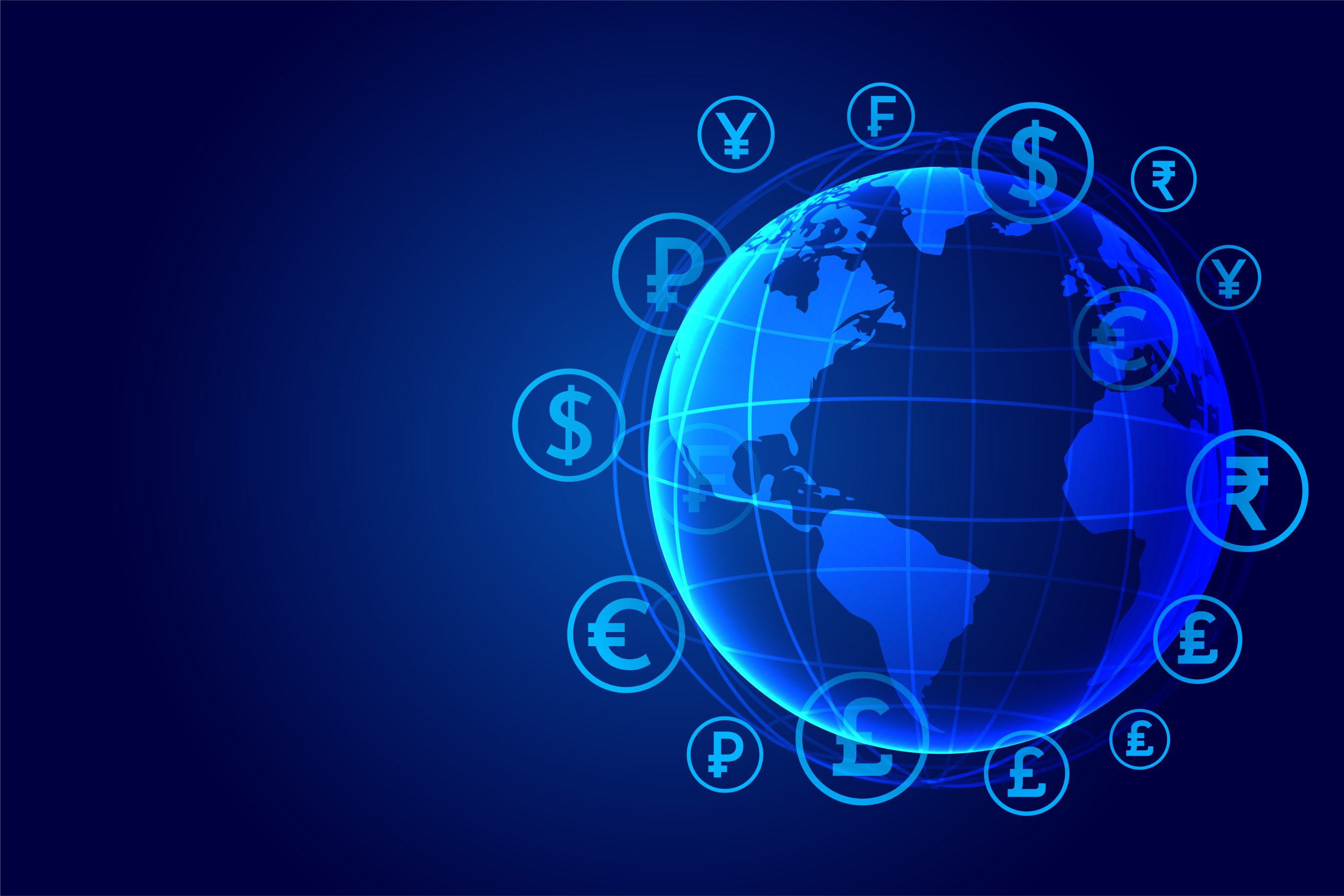Have you ever wondered what really goes on behind those shiny skyscrapers in New York, London or Hong Kong? Inside those buildings, people are making decisions that rock the global economy – decisions that affect your job, your savings and even the price of your coffee. Welcome to the world of global markets and investment banking.
Now, before your eyes glaze over with all the talk of finance, stick with me. We’ll explain it in a way that makes sense – even if you’ve never taken a single finance class. Let’s dive into this fascinating (and sometimes intimidating) world and see how it all connects to your life.
Chapter 1: What exactly are global markets?
Let’s keep it simple. Global markets are places – real or digital – where people and companies buy and sell stuff. Not clothes or groceries, but stocks, bonds, currencies, oil, gold and even bets on how these things will change in value.
It’s called “global” because these markets are everywhere. Any event that happens in Tokyo can affect prices in New York within minutes. It’s all connected.
So why should you care?
Because global markets affect your everyday life:
When companies do well in the market, they can hire more people (like you!).
If oil prices go up, your commute gets more expensive.
When your retirement fund grows or shrinks, it reacts to what’s happening in these markets.
You don’t need to be a Wall Street trader to feel the effects of this.
Chapter 2: What Do Investment Banks Actually Do?
Now, what about investment banks? They’re not the kind of bank where you open a savings account. They don’t offer home loans or manage your debit card. Instead, they work mostly with large companies, governments, and super-wealthy individuals.
Think of them as the power brokers of the financial world. Here’s what they do:
- Help companies raise money
Let’s say a company wants to build a new factory or launch a new product. They need money. The investment bank helps them sell shares (stocks) or borrow money from investors (bonds). - Deal-making (mergers and acquisitions)
Have you ever heard of one company buying another company? Investment banks are the middlemen who make sure those deals happen smoothly and profitably. - Buying and selling stuff
They also have large trading desks where people buy and sell stocks, currencies and other financial products. It’s fast-paced, competitive and can make (or lose) a lot of money. - Research and advice
They employ super-smart analysts to study industries, predict trends and advise investors and businesses. - Risk management
If you’re worried about interest rates or oil prices that might affect your business, they’ll help you put in place safety nets. These are called hedges.
Chapter 3: A Day in the Life at an Investment Bank
Let’s bring this to life with a little imagination.
Imagine this: It’s 5:30 a.m. A trader in New York is sipping his coffee and scanning the news from Asia. A little movement in the market in Japan? That could be a big opportunity—or a warning sign.
By 9 a.m., the office starts to buzz. Analysts are preparing presentations, bankers are getting ready for client calls, and salespeople are talking to big investors to pitch new ideas.
In the afternoon, a team is on a video call with a tech startup that wants to go public. Bankers are advising them on how to launch their IPO (initial public offering), helping them list their stock for the first time.
By evening, it’s time to settle post-market work, review trades, and prepare for tomorrow. It’s high-pressure and high-reward work, but definitely not a 9-to-5 job.
Chapter 4: Who are the big players?
There are some main characters in this financial drama:
- Big investment banks
Think of names like Goldman Sachs, JPMorgan Chase, Morgan Stanley, Barclays. They operate globally, and their moves shape markets. - Institutional investors
These are the money managers behind pension funds, insurance companies, and mutual funds. They invest billions—sometimes trillions—of dollars. - Ordinary people (like you and me)
Whether you know it or not, you probably invest through retirement accounts, mutual funds, or even apps. That means you’re in the game, too. - Regulators
These are the watchdogs — like the SEC in the U.S. — who make sure the system is fair and transparent.
Chapter 5: How technology is changing the game
Finance isn’t just about suits and spreadsheets anymore. Technology is changing everything.
- Algorithms and robots
Most trading these days is done by machines that use algorithms to buy and sell faster than any human could. - Fintech
New apps and startups are letting ordinary people invest, take out loans, and manage money with just a phone. - AI and the Big Dayta
Banks now use artificial intelligence to detect fraud, analyze trends and make predictions. - Crypto and blockchain
Bitcoin, Ethereum and other cryptocurrencies are shaking up the system. Blockchain technology could even replace some traditional banking roles.
Chapter 6: The dark side of the industry
Of course, it’s not all that simple.
- Conflicts of interest
Sometimes banks give advice that benefits them more than the client. Not good. - Crashes and meltdowns
Do you remember the 2008 financial crisis? Investment banks were right in the middle of it. Mistakes here can ruin the entire economy. - Excessive salaries
When banks make billions while ordinary people struggle, criticism is bound to come. - Market manipulation
Insider trading, fake trades and questionable practices happen. Regulators try to catch them, but not always in time.
Chapter 7: Want to work in investment banking?
If you’re ambitious, love numbers and thrive under pressure, investment banking may be for you.
Benefits:
Big salaries and bonuses
Global travel
Fast-paced, high-stakes projects
Disadvantages:
Extremely long hours
A lot of pressure
Lack of work-life balance, especially in the beginning
You typically start as an analyst, work your way up to associate, then vice president and maybe one day managing director. It’s a tough ladder, but for some people, it’s worth it.
Chapter 8: A global web of finance
This isn’t just a Wall Street story. Finance is global:
The US is still the biggest player.
London is the finance capital of Europe.
Asia (particularly China and India) is growing fast.
The Middle East has investment funds flush with cash.
Africa and Latin America are full of untapped potential.
Markets around the world are more connected than ever. What happens in one country can have ramifications around the world.
Chapter 9: What’s coming next? The financial world is always evolving. Here’s what’s coming in the future: 1. Eco-friendly investing More people are choosing to invest in companies that care about the planet and social issues. It’s called ESG investing, and it’s growing rapidly. 2. Decentralized finance (DeFi) New systems based on blockchain technology could eliminate intermediaries like banks altogether. 3. More access for everyday investors Thanks to apps and online platforms, investing is no longer just for the rich. 4. Hybrid work and AI As technology grows, bankers are working differently – and some jobs could disappear or change forever. Chapter 10: Why All This Matters to You You don’t have to be a financial expert to be impressed by global markets and investment banking. When these systems work well, they help: Companies grow People retire safely Cities rebuild after disasters Innovations like the electric car or new medicines come to life Yes, there are flaws. Yes, there is greed. But there is also a lot of value, creativity, and progress associated with this world.
Ultimately, finance is about people—their dreams, their hard work, their futures. And that’s something we can all relate to.



